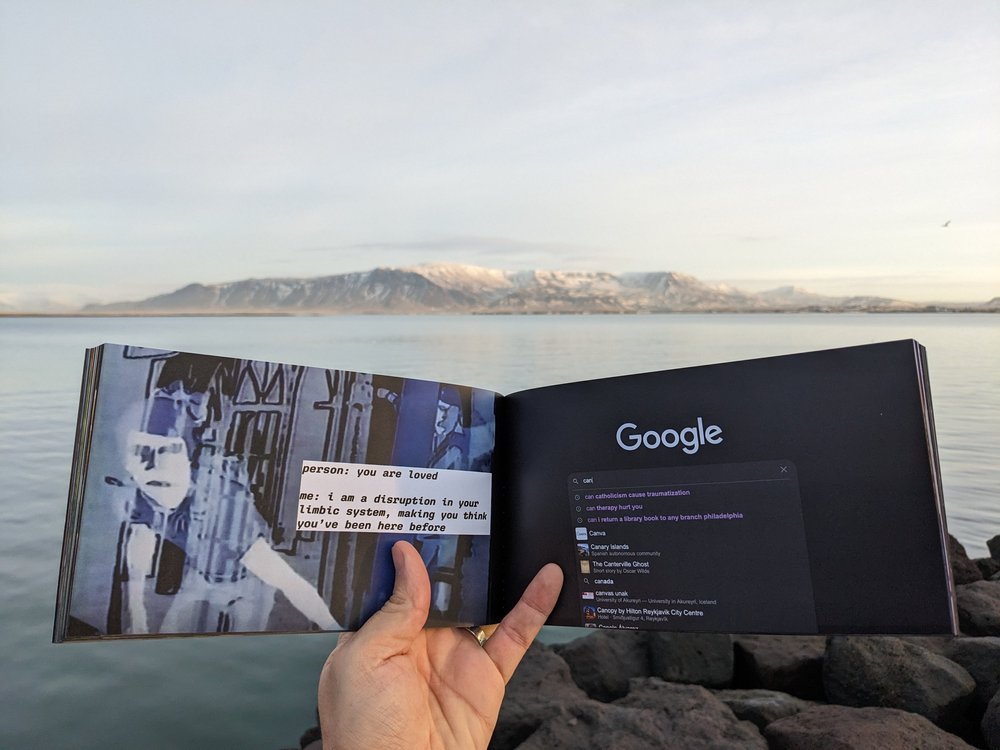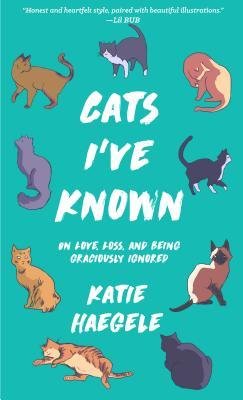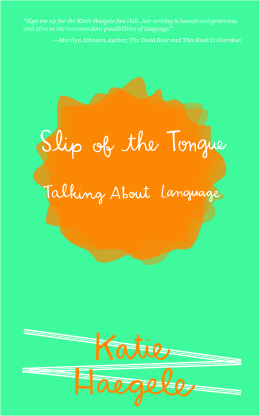“Spiritbox moves through space and time, retelling the joke of what it means to be human, advocating for sincerity by way of absurdity. Timely and timeless, wonderfully strange.”
What is Spiritbox?
Spiritbox is a collection of visual art pieces that are by turns wishes, affirmations, short stories, confessions, therapies, poems, and words of advice. I think of them as literature in the form of memes, which I consider an art form in its own right. In making them, I took inspiration from my favorite meme accounts, including @queer_death_stories, and the artist Jenny Holzer, whose work has inhabited my mind for most of my life.
Where did it come from?
The ether. Also, me.
Last summer I spent a month in Reykjavík, Iceland, living and working as a resident writer at a historic house called Gröndalshús. The residency was a peaceful and fruitful experience for me, and I was (and am) incredibly grateful for it. By then I’d limped through several months—years, really—that were so emotionally difficult for me that by the time I got there my life force was at a pretty low ebb. I needed something fresh, something inspiring.
This turned out to be the thing. Every day of that summer month, when the sun was up around the clock, I’d leave the Gröndalshús flat and walk half a block to the beautiful main branch of the Reykjavík library, take the elevator to the fifth floor, and choose a carrel by the window, where I would gaze out at the ships in the harbor and also at my laptop, which stared blankly back at me. I did this faithfully each day, and before long the project I was going to focus on presented itself to me. And it was a little unusual.
I’d intended to make poems, but the only ones that came to me kept acting like memes. They were inspired by images, and the image was an essential part of the finished piece. To make my meme-poems I watched many hours of video and film that I found on the Internet Archive. (Thank goodness for the Internet Archive.) Vintage educational videos, home movies of family holidays, public access TV, janky commercials, old black and white films: when a particular moment in one of them moved me, I froze the frame and captured it, then later wrote the words that went with it. I did this for hours every day. Making my poems felt hard but good, like a kind of therapy, in that it wrung me out and ultimately filled me up with something better.
Early on I had a name for my project: Spiritbox, which is the word for a piece of ghost-hunting equipment I’ve seen used in the silly paranormal shows I like to watch. It acts sort of like a crazy radio that bounces loudly from station to station, and when it blurts out the sound of people talking, it’s thought to be ghosts speaking through them in order to communicate with us, the living. Whether or not such a thing is possible, the word spiritbox has always struck me as poetic. It seems to me that my body is a spirit box, briefly housing whatever it is that animates all the feelings and ideas that move through me, as if originating from some other source. I guess this book is a kind of spirit box too, filled with messages from me, from elsewhere. I hope you find in them some meaning you can use.
—KH, January 2023












